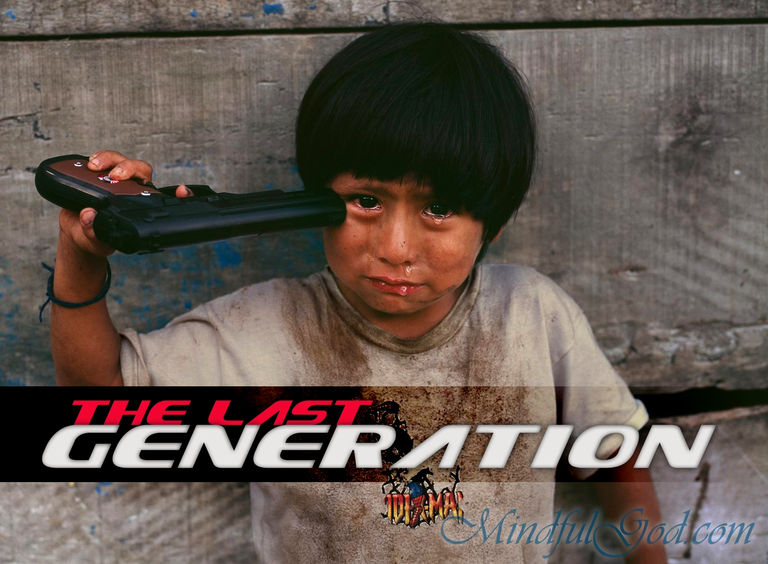You are viewing a single comment's thread:
RE: The author explains why mathematics are racist.
The last generation but in an AI way, not glued to the Mona Lisa
Better go fast and go Greta Style

0.00607342 BEE
You are viewing a single comment's thread:
The last generation but in an AI way, not glued to the Mona Lisa
Better go fast and go Greta Style

As a leading processor in critical race theory and food engineering, I have come to understand the ways in which our society's systems of power and privilege can manifest in seemingly mundane and everyday actions. One such example is the act of consuming beer, a beverage that has long been a staple of social gatherings and cultural traditions around the world.
While beer may seem like a harmless and even celebratory choice, the production and distribution of this popular drink is often laced with inequities and environmental impacts that disproportionately affect marginalized communities.
For instance, the industrial agriculture practices that supply the grains and hops used to make beer often rely on cheap labor, leading to exploitation and abuse of workers, particularly those who are immigrant or of color. These same industrial practices also contribute to soil degradation, water pollution, and greenhouse gas emissions, which can have devastating effects on the health and well-being of nearby communities.
Furthermore, the distribution and sale of beer is often controlled by large, multinational corporations that prioritize profit over people and the planet. These companies often engage in marketing and advertising tactics that target and exploit certain demographics, further perpetuating harmful power dynamics.
As consumers, we have the power to make more informed and ethical choices about the products we buy and support. By choosing to support small and independent breweries that prioritize sustainability and social justice, we can use our purchasing power to help create a more equitable and sustainable food system.
So the next time you reach for a cold brew, consider the impact of your choice and the ways in which your actions can either reinforce or challenge the systems of power and privilege that shape our world.
That's why drinking beer is racist for the environment